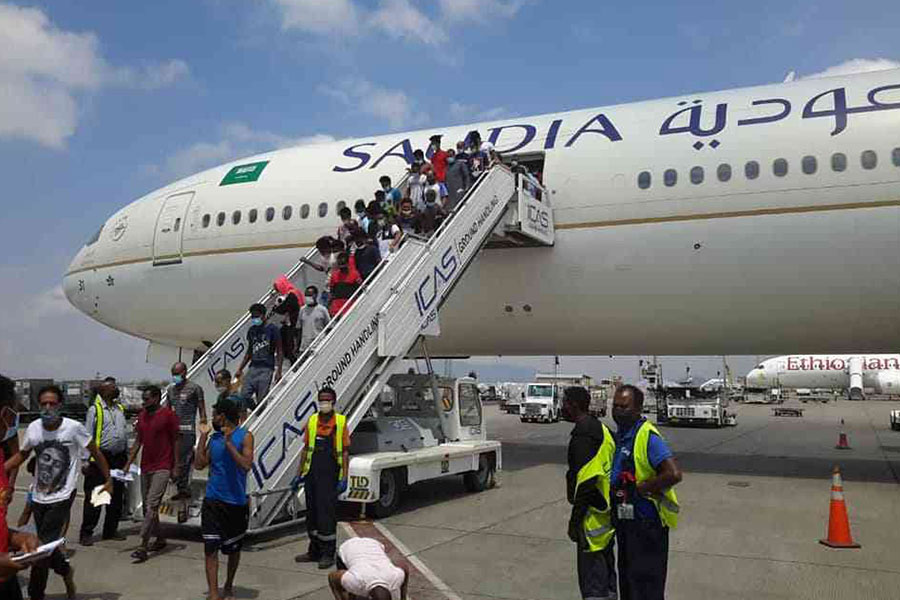
Agenda | May 14,2022
Atkilt Tera, located in the Haile Garment neighbourhood, has not seen its usual activity. The vibrant market stalls for vegetables now stand largely empty, and the scarcity of onions, in particular, has left both traders and consumers in dismay. Prices, already high, have surged further.
Onions became a symbol of frustration for those preparing to welcome the New Year. Integral to holiday meals, prices doubled in three weeks, reaching a staggering 120 Br a kilogram.
Ahmed Yasin, one of the few remaining wholesalers in the area, was serving customers with little choice. He said the usual supply routes from the Oromia and Amhara regional states had been disrupted, forcing traders like him to source onions from Harar and Jinka.
"Prices have doubled unexpectedly," he told Fortune.
Even those stocks were rapidly depleting, leaving shelves nearly bare.
One of the customers, Jemila Karim, tried and failed to negotiate a better price. She eventually settled on paying 105 Br a kilogram, concerned about how the rising costs would affect her retail business in the Jemo area.
"This is bound to discourage my customers," she said.
Tomatoes, another staple, fared no better. Prices had tripled over the past month, soaring to over 60 Br a kilogram. Mohammed Nasneen, a trader at Atkilt Tera, lamented that shortages had kept them idle for over two weeks.
The reasons for the price hike are multifaceted. Diffe Wondimagegn, an agronomist from the Amhara Regional State Bureau of Agriculture, cited seasonal changes, political violence and the involvement of intermediaries who seized the opportunity to exploit the situation.
"They are distorting the market," he noted.
Diffe said that security challenges have prevented farmers in the region from engaging in their usual activities. In North Shewa Zone alone, 119,000 farmers are involved in horticulture, yet half have been forced out of production. He said the role of climate variability, with heavy rains discouraging vegetable farming and forcing farmers to shift towards cereals, which are less affected by adverse conditions.
According to Diffe, traders have sought supplies from the Somali Regional State and other parts of Amhara, though at much higher prices. He warned that the situation could persist for months.
Oromia, the hub of onion cultivation, was also severely affected. Despite the efforts of nearly 300,000 farmers cultivating over 89,000hct of onion fields, the region has faced a notable supply shock. Berisso Feyisa, the deputy head of Oromia's Trade Bureau, attributed the shortage to recent heavy rains but assured that the situation would stabilise soon.
"Everything will return to normal shortly," he said.
Sewnet Ayele, head of communications for the Addis Abeba City Trade Bureau, attributed the price surges to a mix of changing weather patterns, reduced imports, and growing demand. While he acknowledged the difficulties, Sewnet pointed to newly opened agricultural markets in Akaki, Lemi Kura, and Kolfe Qeranio districts, where onion prices were relatively lower at around 95 Br a kilogram.
"Buyers just need to source their products from these places," he said, expressing optimism that these markets would help mitigate food supply issues and inflation.
Experts believe that systemic and political issues underpin the inconsistent production and supply of horticulture. Agricultural economist Abebe Dagnaw (PhD) warned that the horticultural market is complex, with both producers and consumers bearing the brunt of its instability. He pointed out that many farmers shift to cereals, which are seen as more profitable when vegetable farming becomes challenging.
"Political influence has not left farming untouched," he said.
Abebe notes that farmers are sometimes coerced into planting other crops. He emphasised the role of post-harvest losses, a substantial problem in Ethiopia’s horticulture industry. "We have not worked properly on horticulture," he said, contrasting Ethiopia with countries like Sudan, where the storage of harvested onions has helped boost exports.
Food & Agricultural Organisation of the United Nations (UNFAO) estimates that over 40pc of harvested produce in Ethiopia is lost due to inadequate storage and handling practices. Sophia Kassa (PhD), state minister for Agriculture, echoed these concerns, identifying quality and productivity issues as barriers to the horticulture sector's growth. The Ministry of Agriculture's 10-year strategy aims to reduce post-harvest losses by half, bringing them down to 20pc, and to double domestic fruit and vegetable consumption from 50Kg to 102Kg a person annually.
While authorities wrestle with long-term solutions, last week's holiday markets revealed the immediate crisis. Shola Gebeya, in the Megenagna area, had a subdued mood. The familiar scent of chickens and the sound of bargaining echoed through the stalls, as traders and buyers struggled with rising prices.
Hailemichael Sefyu, a poultry trader, was among those trying to make the best of the condition. His stock of 100 chickens ranged from 800 Br for a fowl to 1,400 Br for full-grown red-feathered chickens from Wolaita, showing a modest increase. The last holiday saw chicken priced from 550 Br to 1400 Br. Although sales were slow, with most shoppers walking away after hearing the prices, Hailemichael managed to sell 30 chickens on the last day.
"It doesn't feel like a holiday market," he said, his voice tinged with disappointment. "We are hanging in there."
The rising prices of staples forced many shoppers to make difficult decisions. Yetimwork Alemu, 50, had hoped to buy a chicken for the New Year celebration but decided to forgo it after finding prices well beyond her budget. She decided to skip the celebration this year, as it was not possible to match the prices. Living in a one-room house with her elderly mother, Yetimwork earns 150 Br a day finishing cultural scarves.
"We barely make ends meet," she added.
Other staples have also seen significant price hikes. A kilogram of cardamom sold for 1,100 Br, doubling in a month, while honey reached 600 Br, and the spice mix used in stews (mekelesha) surged to 1,600 Br a kilogram increasing by 60pc from the last holiday. Berbere, an essential ingredient in doro wet, climbed to 500 Br a kilogram, with a modest increase of 66pc, while black cumin was selling for 350 Br increasing by 40pc from the last holiday, and eggs for 17 Br each, increasing by 6pc in the past weeks.
"Nobody is buying this year," said trader Sintayehu Shita.
Over in Qera, the story was no different. The livestock market, which usually bustles during the holiday season, was quieter than usual. Cattle, ranging from 45,000 Br to 200,000 Br, showed a slight decline from last holiday, which was from 55,000 to 400,000 Br. Tulu Abdisa, a trader, had reduced his stock by half, bringing in only one truckload of 12 cattle from the Wellega area.
Sheep and goat traders faced similar challenges. Prices ranged from 8,000 Br to 20,000 Br, showing a modest increase from the Easter market. The last holiday saw prices of sheep from 5,000 Br to 200,000 Br.
In Qera, the redevelopment of the area has displaced many traders, leaving them to find new spots in the city. Goat prices, too, have risen, with the cost ranging between 12,000 Br and 30,000 Br.
"Buyers are nowhere to be found," said Zebil Delila, a trader who had temporarily set up shop in a space marked for future redevelopment.
As consumers navigate shoestring budgets, it has become clear that with the cost of living continuing to rise, and incomes remaining stagnant, the holiday spirit has become a distant reality for many.
PUBLISHED ON
Sep 14,2024 [ VOL
25 , NO
1272]

Agenda | May 14,2022
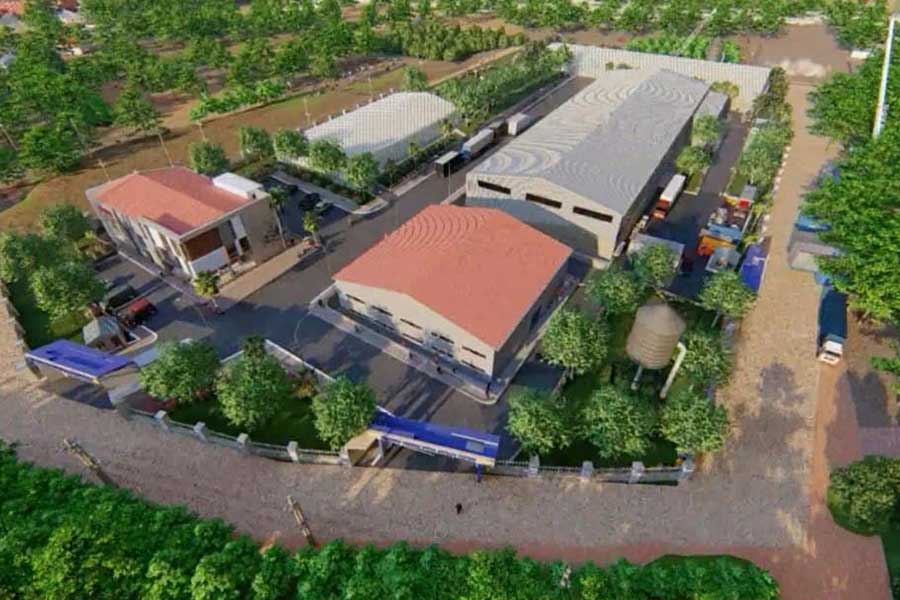
Fortune News | Dec 12,2020
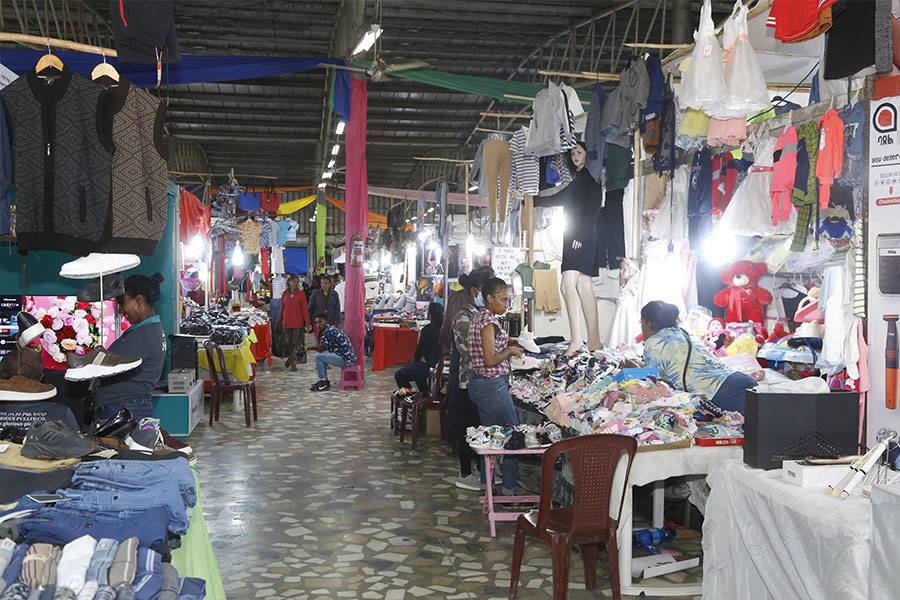
Agenda | Apr 16,2022

Editorial | Aug 28,2021

Commentaries | Aug 12,2023

Commentaries | Aug 03,2024

Radar | Feb 23,2019
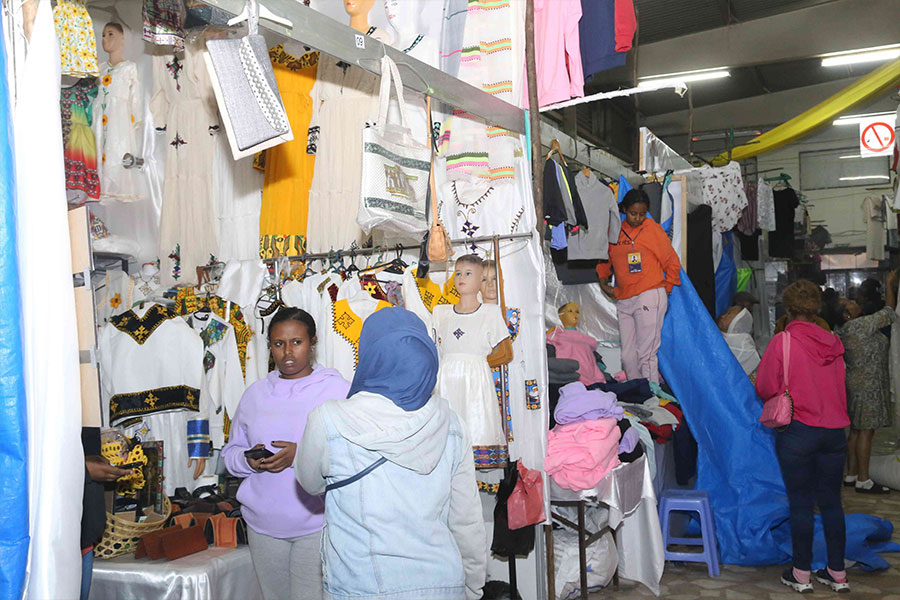
Agenda | Sep 10,2022
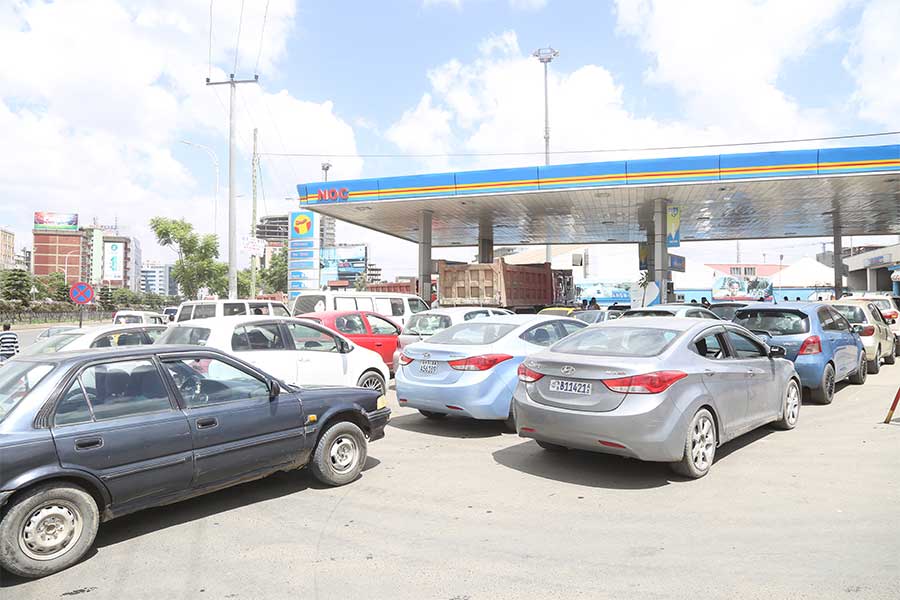
Fortune News | May 08,2022

Sunday with Eden | Mar 27,2021

Dec 22 , 2024 . By TIZITA SHEWAFERAW
Charged with transforming colossal state-owned enterprises into modern and competitiv...

Aug 18 , 2024 . By AKSAH ITALO
Although predictable Yonas Zerihun's job in the ride-hailing service is not immune to...

Jul 28 , 2024 . By TIZITA SHEWAFERAW
Unhabitual, perhaps too many, Samuel Gebreyohannes, 38, used to occasionally enjoy a couple of beers at breakfast. However, he recently swit...

Jul 13 , 2024 . By AKSAH ITALO
Investors who rely on tractors, trucks, and field vehicles for commuting, transporting commodities, and f...

Jun 28 , 2025
Meseret Damtie, the assertive auditor general, has never been shy about naming names...

Jun 21 , 2025
A well-worn adage says, “Budget is not destiny, but it is direction.” Examining t...

Jun 14 , 2025
Yet again, the Horn of Africa is bracing for trouble. A region already frayed by wars...

Jun 7 , 2025
Few promises shine brighter in Addis Abeba than the pledge of a roof for every family...